Whether you’re in the Big Apple, Boston, L.A., or Metropolis, these short city getaways are like field trips for art lovers.

You know it’s the road-trip season when the galleries have switched to summer hours, and therefore the streets are empty on weekends, as everyone tries to flee the sweltering city heat. There’s no quicker relief from the canicule of summer than a weekend jaunt outside of the town. and by chance, there’s lots of art to be seen along the way. We’ve compiled an inventory of art-themed day trips originating from five cities across the country: the big apple, Boston, la, urban center, and Chicago. Each trip is wiped out each day (or a weekend), and every one of them showcases artwork you’d never be ready to see without leaving town limits. So gas up, pack a lunch (or overnight bag), get the number of the best roadside assistance in town such as towing San Jose (just in case), and hit the road.
1. Big Apple to the Hudson Valley
Take a visit through Postwar and contemporary art, starting with Robert Rauschenberg’s retrospective at MoMA, and ending the day with a sunset stroll through Storm King’s idyllic sculpture garden within the Hudson Valley.
After enjoying the works of Rauschenberg, head northeast to the Brant Foundation in neighboring Connecticut, which houses Peter Brant’s contemporary accumulation. Once there, book a tour of this group show “Animal Farm,” curated by artist Sadie Laska. The exhibition features over 50 works from pop favorites like Jean-Michel Basquiat to other artists heavily influenced by pop and media culture, like Thorton Dial, Nina Chanel Abney, Carol Rama, Julian Schnabel, Henry Taylor, and plenty of more. “Animal Farm” is on view through October 1.
Next, head to Philip Johnson Glass House within the New Canaan, Connecticut. The famed Modernist home sits atop a 49-acre plot of land and also houses the architect’s prominent collection of paintings and sculptures. After, head north to Ridgefield to the Aldrich Museum, which is currently showing solo shows by Suzanne McClelland, Beth Campbell, William Powhida, and Kay Rosen.
Continue northwest to Magazzino, a newly opened private art center dedicated to Post-war and contemporary Italian art in New York’s Hudson Valley. Then take the short, scenic near the Hudson to Dia: Beacon, dedicated to minimalist and conceptual art. End the day with a walk on the manicured grounds of the Storm King Art Center, which is currently showing a beautiful exhibition of David Smith’s “White Sculptures,” through November 12.
2. Boston to Williamstown
Hit the road in Massachusetts and travel through time with a journey from the Old Masters to contemporary greats. Start your go for holiday at the Museum of Fine Arts, Boston, showing works by German expressionist Max Beckmann, before traveling west towards the Worcester Art Museum, which is currently showing a reinstallation of its 16th–18th century Old Masters holdings, including pieces by Dutch masters Rembrandt and Jacob Jordaens.
Don’t miss the newly opened Building 6, an expansion of the museum, which incorporates monumental works by Louise Bourgeois, James Turrell, Jenny Holzer, Laurie Anderson, and more. Finally, make a stop at the Clark Art Institute and take a look at the superb show of the American abstract painter Helen Frankenthaler, “As in Nature,” on view through October 9.
ALSO READ: Making Art Is Also a Form of Relaxation
3. LA to Moapa Valley
Take the trail less traveled by an exciting road trip through the California desert. Start your journey at the Hammer Museum, which is currently hosting a show of works by Marisa Merz, the sole woman to be accepted within the Italian Art Povera movement. “Marisa Merz: The Sky may be a Great Space” is on view through August 20.
Later, hop into your car and head east to Pasadena’s Huntington Library, where you’ll be able to catch the institution’s stunning collection of 18th- and 19th-century British painting and American Art. And don’t leave without visiting the sensational gardens.
Continue east toward yucca to work out the Noah Purifoy Outdoor Desert Art Museum, a surprising and eclectic collection of large-scale assemblage sculptures created by Purifoy within the Mojave between 1989 and 2004.
Then head north towards Nevada to test out Ugo Rondinone’s Seven Magic Mountains, a large-scale, site-specific public art installation consisting of seven towers of colorful stacked boulders that stand over 30 feet high. Finally, head through metropolis to the Moapa Valley see Michael Heizer’s Double Negative, the land artist’s first prominent earthwork, consisting of two trenches take the Easter fringe of the Mormon Mesa in 1969–70.
4. Metropolis to San Jose
Tour the simplest art within the Bay Area. we start with Edvard Munch’s painting exhibition at SFMOMA, which brings together 44 of the artist’s most vital works. “Edvard Munch: Between the Clock and therefore the Bed” is on view through October 9.
Next head south to PACE Palo Alto to find a number of the foremost exciting young artists in China at the gallery’s group show “Form Through Narrative: New Chinese Art.” See works by newcomers like Hong Hao, Liu Jianhua, Song Dong, Wang Guangle, Xie Molin, and Yin Xiuzhen. “Form Through Narrative” is on view through August 27.
Next up, continue south to the San Jose Museum of Art where you’ll be able to admire the intricately detailed works of Syrian-American sculptor and installation artist Diana Al Hadid in her solo exhibition “Liquid City,” on view through September 24.
Drive north to the Oakland Museum of California, which is showing 130 iconic photos of 20th-century America by the acclaimed photographer, who bequeathed her entire archive to the institution. “Dorothea Lange: Politics of Seeing” is on view through August 27.
For the ultimate stop, drive north to UC Berkeley Art Museum and Pacific Film Archive and take a look at the solo exhibition by Ugo Rondinone. Don’t miss his subversive and amusing installation Vocabulary of Solitude (2014–16), which features a space stuffed with life-like sulking clown sculptures. “Ugo Rondinone: the globe just makes me laugh” is on view through August 27.






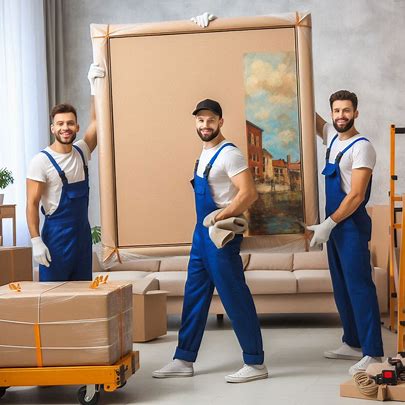
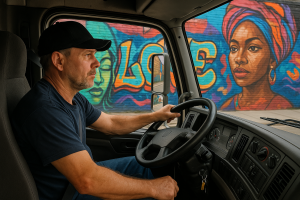 Over-the-road (OTR) truckers log more miles than most, and with that, they get a front-row seat to some of America’s most unexpected art galleries. But we’re not talking
Over-the-road (OTR) truckers log more miles than most, and with that, they get a front-row seat to some of America’s most unexpected art galleries. But we’re not talking 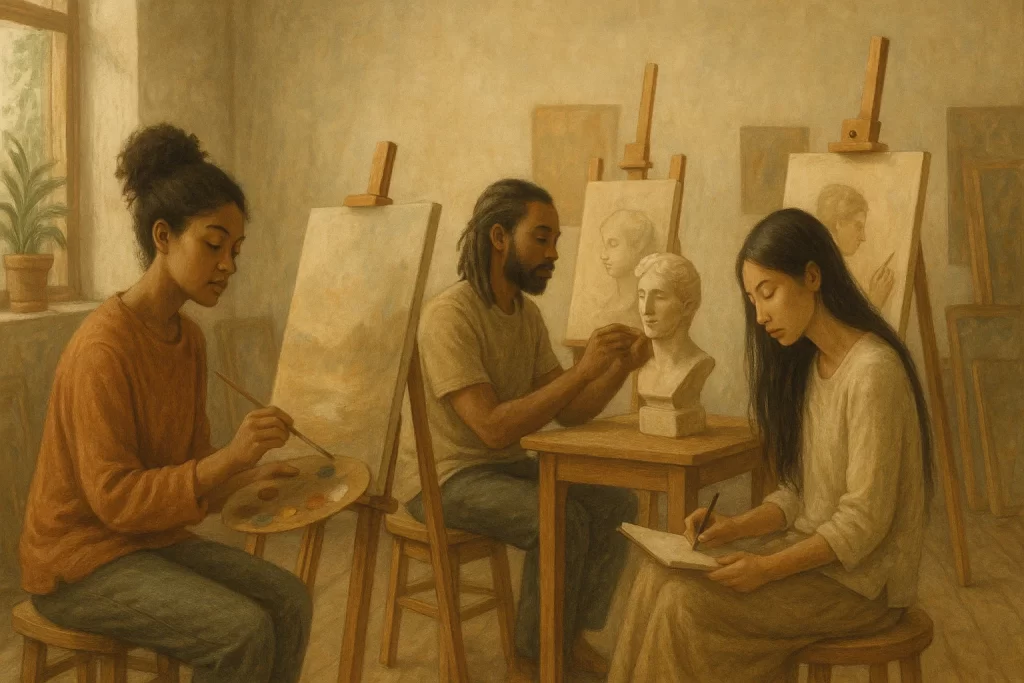
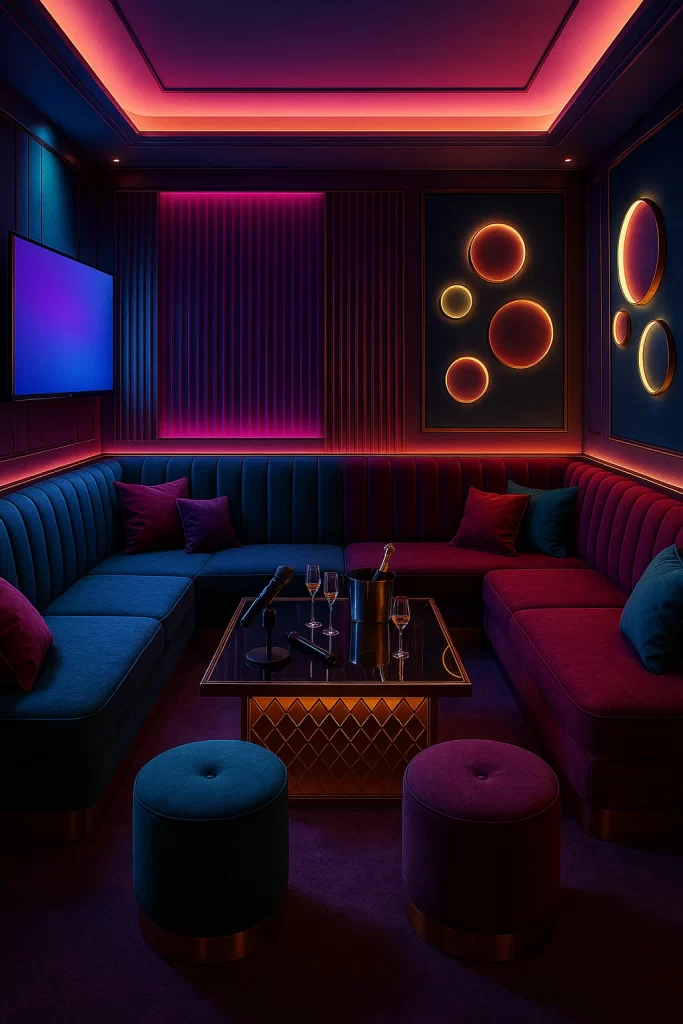

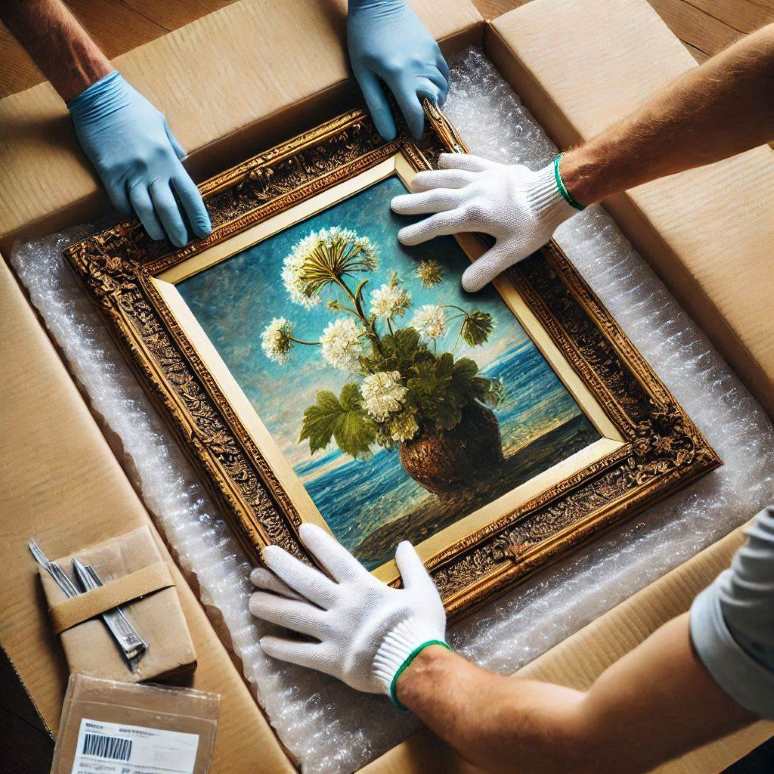
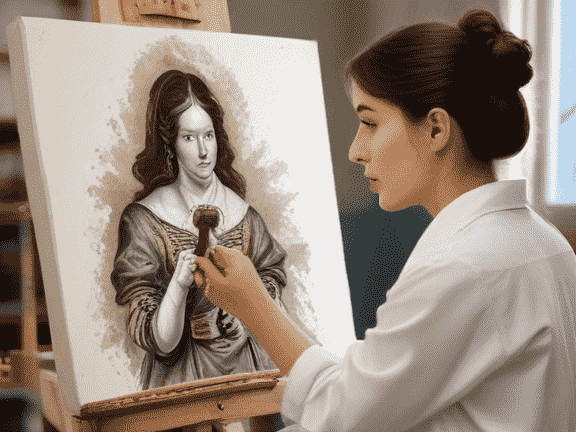
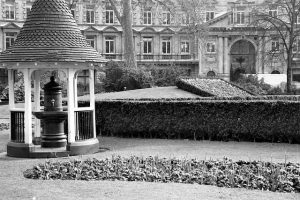 If one takes a few steps back when viewing the mural, the green paint sprayed on the wall projects an artificial image of tree leaves forming a foliage. Apparently, at this time of the year, the tree in front of the mural should have already started coming out with leaves in branch stems and twigs.
If one takes a few steps back when viewing the mural, the green paint sprayed on the wall projects an artificial image of tree leaves forming a foliage. Apparently, at this time of the year, the tree in front of the mural should have already started coming out with leaves in branch stems and twigs. Actually, such incidents involving Banksy works have become ongoing security concerns. Several Banksy murals in different boroughs have been defaced by vandals before, which made CCTVs essential as a countermeasure. The monitors have been effective in enabling authorities to make related arrests.
Actually, such incidents involving Banksy works have become ongoing security concerns. Several Banksy murals in different boroughs have been defaced by vandals before, which made CCTVs essential as a countermeasure. The monitors have been effective in enabling authorities to make related arrests.
 Stephen Thaler. a computer scientist who designed and built an Artificial Intelligence system called “Creativity Machine,” had filed an application for copyright protection for a 2D image captioned as “A Recent Entrance to Paradise.” Thaler contends that the artwork which depicted train tracks plying beneath a verdant stone arch, was created using AI of his own design.
Stephen Thaler. a computer scientist who designed and built an Artificial Intelligence system called “Creativity Machine,” had filed an application for copyright protection for a 2D image captioned as “A Recent Entrance to Paradise.” Thaler contends that the artwork which depicted train tracks plying beneath a verdant stone arch, was created using AI of his own design.



 Artists, just like any other business person, can fall on hard times and experience financial difficulties. Bankruptcy is often considered as a last resort for individuals who are unable to pay their debts. However, filing for bankruptcy can have far-reaching impacts on an
Artists, just like any other business person, can fall on hard times and experience financial difficulties. Bankruptcy is often considered as a last resort for individuals who are unable to pay their debts. However, filing for bankruptcy can have far-reaching impacts on an 

 Moving uncommon and irreplaceable objects like exceptional arts and crafts –
Moving uncommon and irreplaceable objects like exceptional arts and crafts –  Museum owners really must be forced to grasp the dimensions of the art work, the gap thru that it is to be shipped or transported and therefore the worth (to trot out coverage matters). You will be able to provide those details at the net site of main and reliable carrier suppliers to set off immediate and free no-obligation charges. Beside relaxed transportation, the best transportation offerings are frequently used also for informed unpacking, managing and supplying radical excessive
Museum owners really must be forced to grasp the dimensions of the art work, the gap thru that it is to be shipped or transported and therefore the worth (to trot out coverage matters). You will be able to provide those details at the net site of main and reliable carrier suppliers to set off immediate and free no-obligation charges. Beside relaxed transportation, the best transportation offerings are frequently used also for informed unpacking, managing and supplying radical excessive 
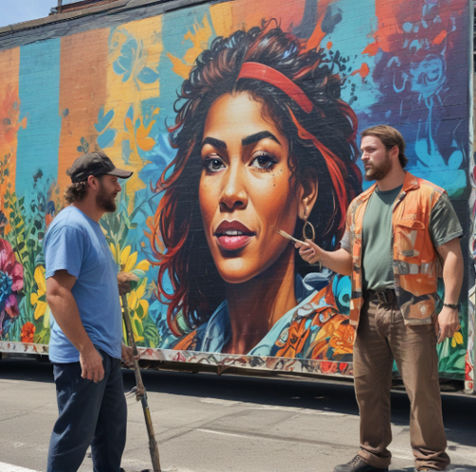
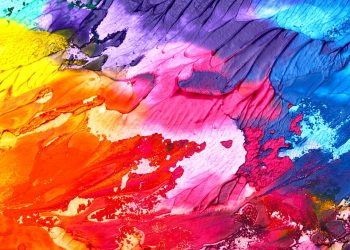


 Windows do more than let in light. They shape how a home or building looks and feels. A good window replacement company understands that windows are both functional and artistic. The right windows can transform a space, making it brighter, more inviting, and even more energy-efficient. When choosing a window replacement company, it’s important to find one that values both craftsmanship and design.
Windows do more than let in light. They shape how a home or building looks and feels. A good window replacement company understands that windows are both functional and artistic. The right windows can transform a space, making it brighter, more inviting, and even more energy-efficient. When choosing a window replacement company, it’s important to find one that values both craftsmanship and design.
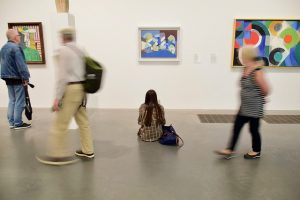 Choosing from the local movers Alpharetta art galleries and museums call whenever they need to transport artworks and installations, is a practical way of minimizing moving disruptions. The Deluxe Moving Solutions (DMS), for one, demonstrated such an ability last month when they assisted the local artists, gallerists and museum curators who joined the Atlanta Art Fair from October 03 to 06, 2024.
Choosing from the local movers Alpharetta art galleries and museums call whenever they need to transport artworks and installations, is a practical way of minimizing moving disruptions. The Deluxe Moving Solutions (DMS), for one, demonstrated such an ability last month when they assisted the local artists, gallerists and museum curators who joined the Atlanta Art Fair from October 03 to 06, 2024. Fine art experts and curators know that the use of vehicles equipped with a climate-control system is one of the important criteria to consider when choosing a moving company. On that note, it’s worth mentioning the other reasons why the Deluxe Moving Solutions is a favorite choice among Alpharetta’s artists and gallerists
Fine art experts and curators know that the use of vehicles equipped with a climate-control system is one of the important criteria to consider when choosing a moving company. On that note, it’s worth mentioning the other reasons why the Deluxe Moving Solutions is a favorite choice among Alpharetta’s artists and gallerists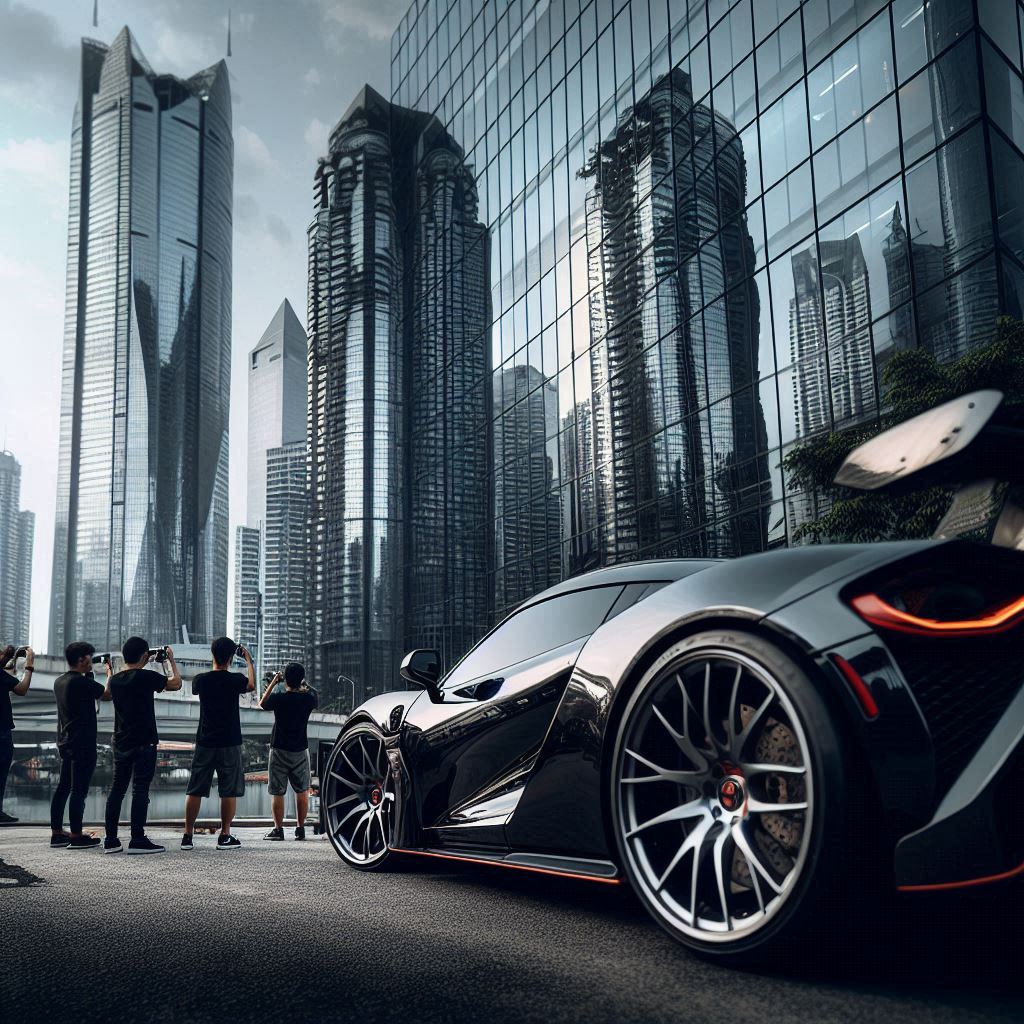 The choice of TRD wheels can also
The choice of TRD wheels can also 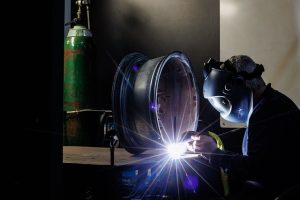 One of the most effective maintenance tips is to regularly
One of the most effective maintenance tips is to regularly 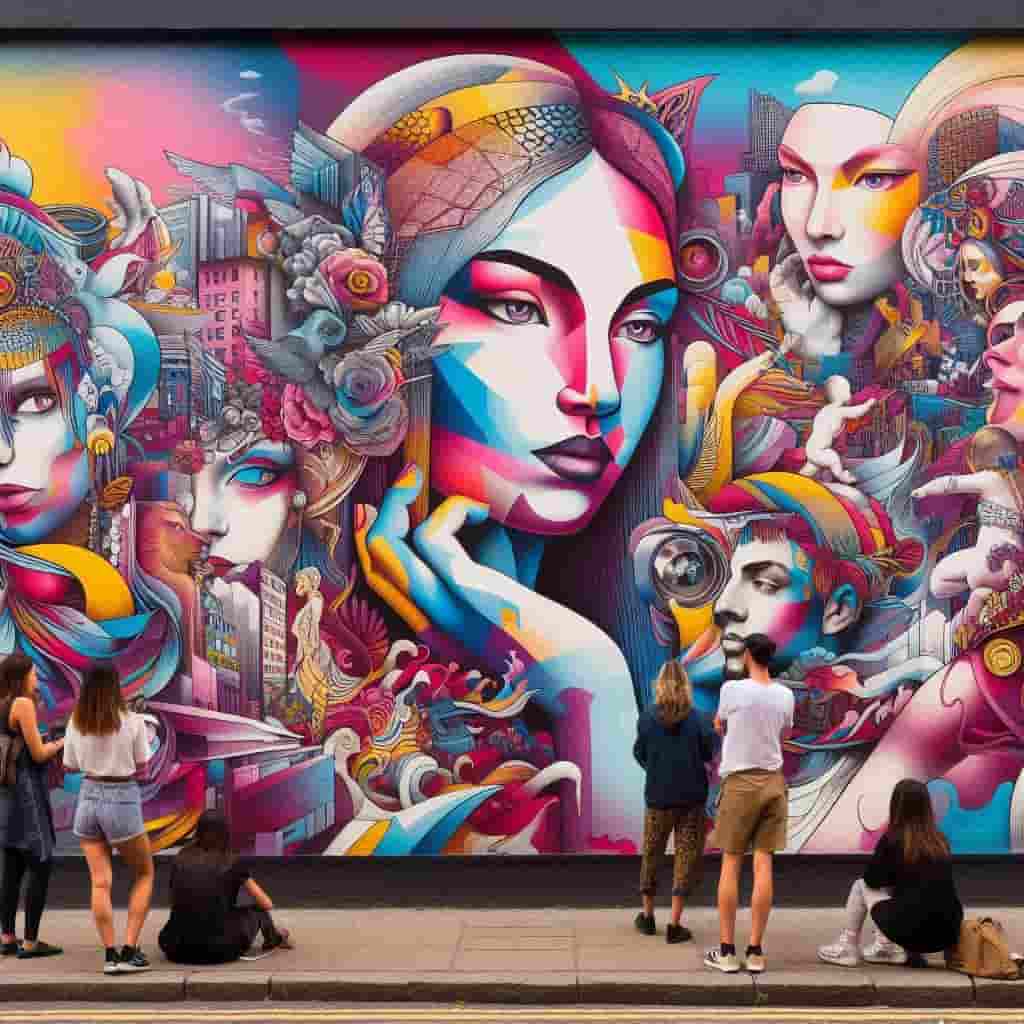
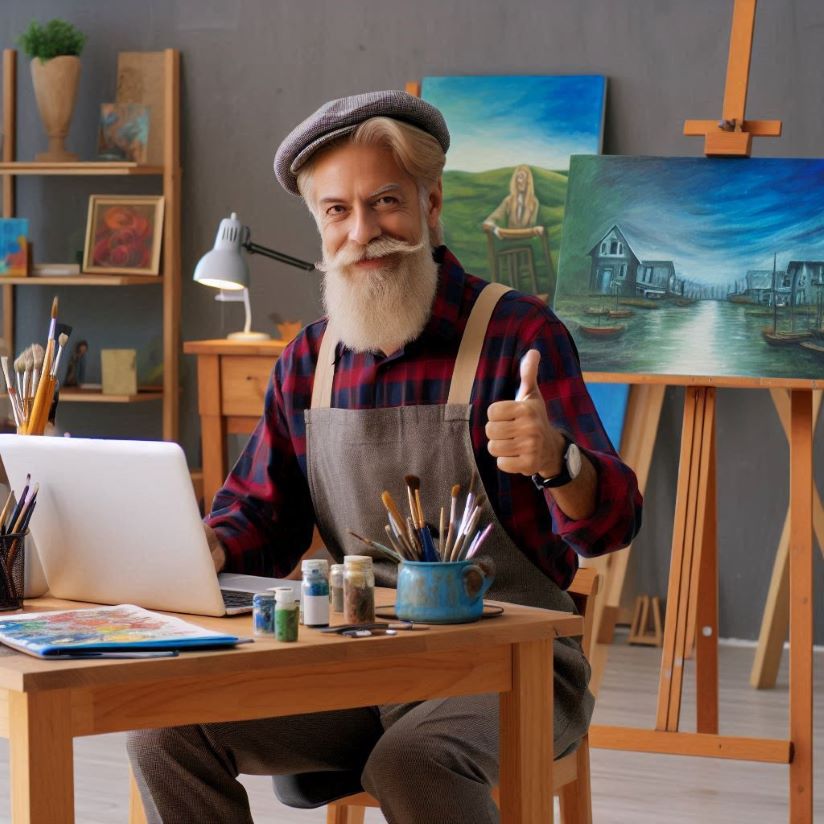
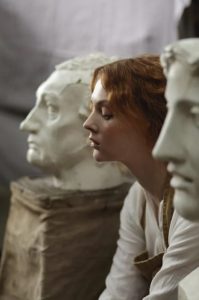 When planning an event, visual appeal plays a key role in creating a memorable experience. The presence of art can transform an ordinary event into something extraordinary. Combining art with the strategic use of event models from Lion dance can take the visual impact to the next level. This combination helps to not only captivate the audience but also reinforce the event’s theme or message.
When planning an event, visual appeal plays a key role in creating a memorable experience. The presence of art can transform an ordinary event into something extraordinary. Combining art with the strategic use of event models from Lion dance can take the visual impact to the next level. This combination helps to not only captivate the audience but also reinforce the event’s theme or message.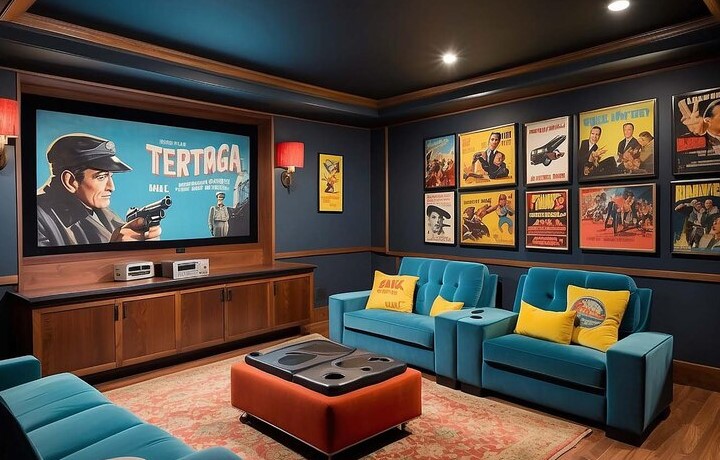
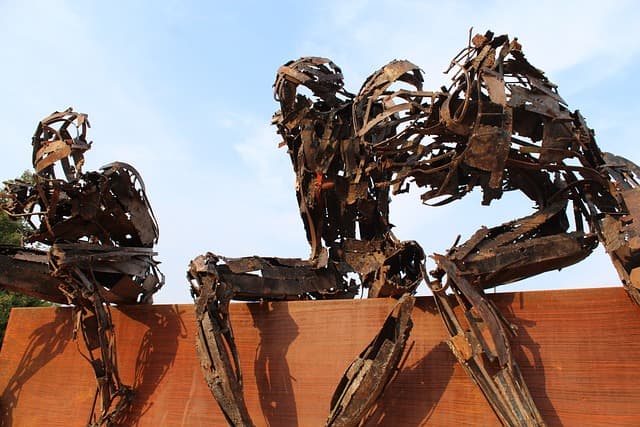

 Ever walked into an artist’s studio to find a sleek feline elegantly draped over a couch or perched up high, observing the world below with a regal gaze? If you have, then you’ve experienced the ethereal beauty of the blend between art and cats. This fusion is not just about aesthetics but also the journey of an artist deeply influenced by these majestic creatures.
Ever walked into an artist’s studio to find a sleek feline elegantly draped over a couch or perched up high, observing the world below with a regal gaze? If you have, then you’ve experienced the ethereal beauty of the blend between art and cats. This fusion is not just about aesthetics but also the journey of an artist deeply influenced by these majestic creatures.




